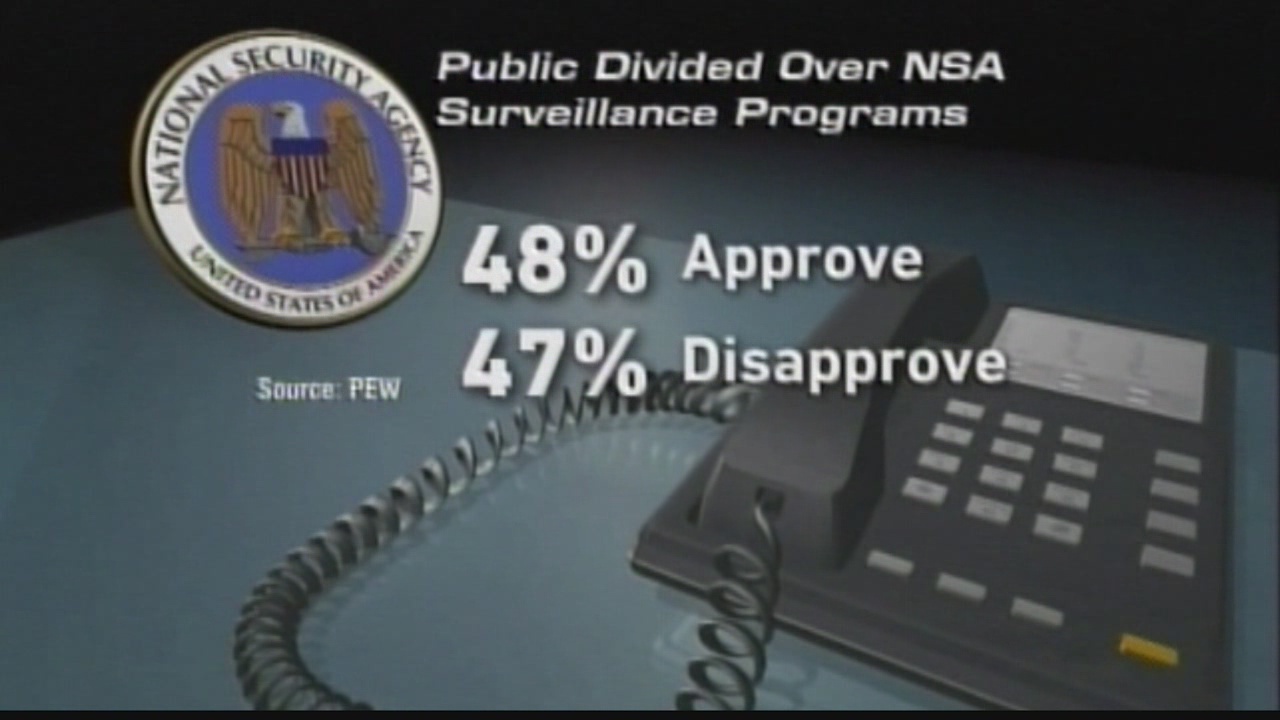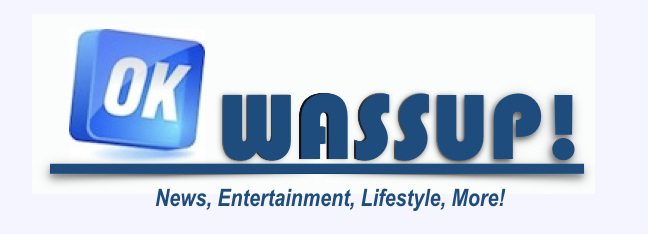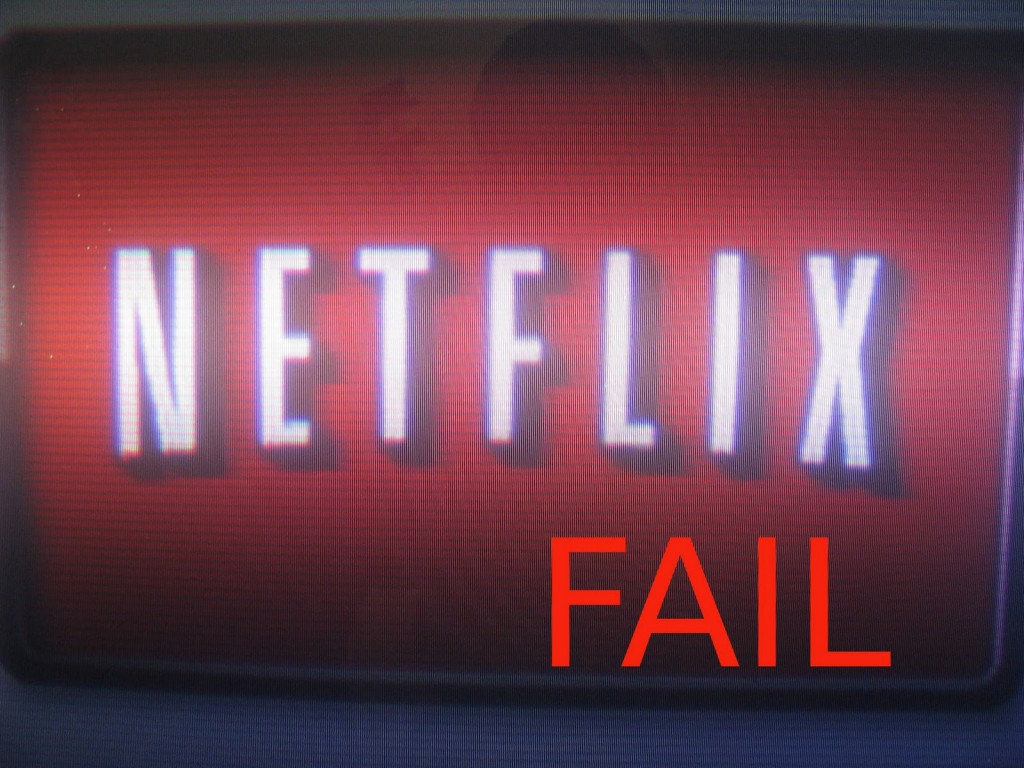
Let’s Talk About NSA Monitoring
OK, everybody is still going gaga over this NSA government monitoring thing. So wouldn’t it be smart if we all calmed down, stopped taking sides and really thought this thing through?
Despite the fact that 99% of us aren’t tweeting or emailing anything that would mean squat to the feds, people still take issue with the government “maybe” seeing an email containing Grandma’s special oatmeal cookie recipe, or a Facebook post from us regarding the NBA finals. But here’s a bit of a reality check some of us may not like: a lot of it is our own fault!
When we sign up for a FREE email account, we are also waiving our rights to privacy since the company providing the service can easily monitor what we’re sending via in house servers. When we sign up for a FREE Twitter, Facebook or other social networking site, we are waiving our rights to privacy there too. Facebook, for example, wasn’t created because someone thought it would be a great idea to provide a fun way of connecting with our friends at no cost. On the contrary! Facebook uses the data we give them, uses the “Likes” we click, uses keywords from our posts, even our address and phone number that some users foolishly provide (when they don’t really have to), then sells that information for marketing purposes (read their Terms of Service agreement). How else do you think Facebook CEO Mark Zuckerberg became a billionaire? Besides, if the government REALLY wanted to check us out, there have been laws in place for decades to allow them to check in on our emails and phone calls.
So, let’s think for a moment: do our emails and social networking posts really contain data so sensitive that we should be protective and angry “if” the government sees them? Is it really harmLESS to voluntarily give away our personal data, contact information, family photos and other details via social media, but harmFUL if the government sees this same public data?
If it’s really a problem, we do have options. We can encrypt our top secret emails with a myriad of encryption tools widely available on the Internet. If our social networking posts are OK for the general public but not for the feds, we can simply change our connections from “http” to the more secure “https.” Of course we can also just stop signing up for all the free email and social networking sites made available to us. If we didn’t use the service, then there’d be nothing to see.







